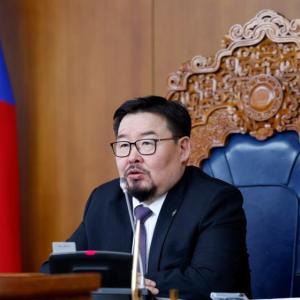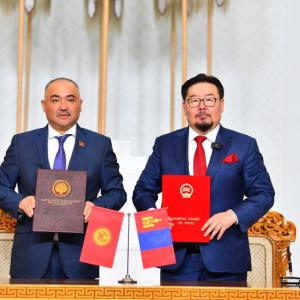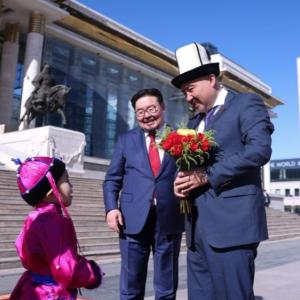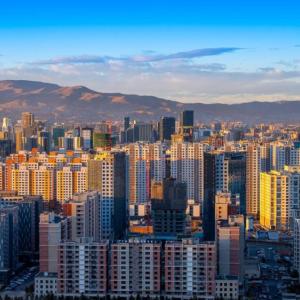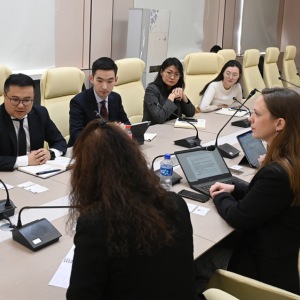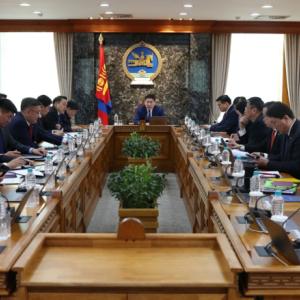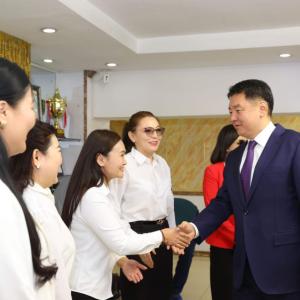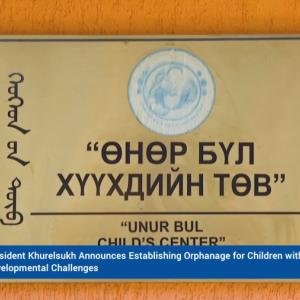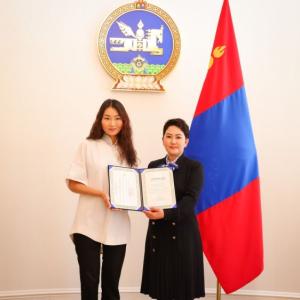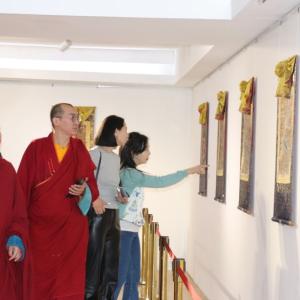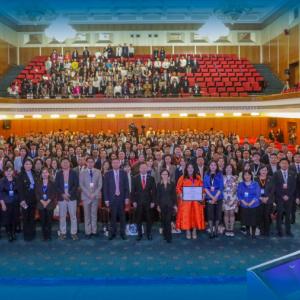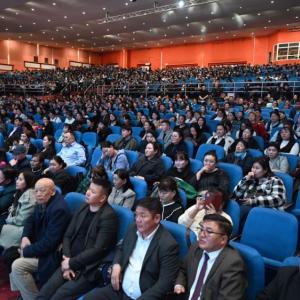Mongolia and Inner Mongolia to move forward cooperation
PoliticsUlaanbaatar /MONTSAME/ Head of the Cabinet Secretariat G.Zandanshatar met the Communist
Party Secretary of Inner Mongolia Li Jiheng during his ongoing visit to Inner Mongolia, People’s Republic of China.
At the beginning of the meeting, Head of Cabinet Secretariat G.Zandanshatar said that developing friendly relations and cooperation with the People’s Republic of China is a priority of Mongolia, noting that he is paying a visit to review the current state of relations and cooperation between Mongolia and Inner Mongolia, advance issues and agreements discussed during mutual high-level visits and meetings.
Relations and cooperation between Mongolia and China have been developing constantly, especially trade and economic cooperation with Inner Mongolia has been expanding. In 2017, Mongolia and China trade volume reached USD 6.7 billion, of which the trade with Inner Mongolia made up USD 4.2 billion, showing an increase of 42.4 percent compared to the previous year. It makes up about 70 percent of a total trade turnover between Mongolia and China. The two sides agreed that broadening trade and economic cooperation with Inner Mongolia has an important role to realize the aim to bring bilateral trade turnover to USD10 billion by 2020.
They also touched upon an implementation of a program to establish 'Mongolia-Russia-China Economic Corridor' and realization of projects and programs that reflected in the program.
During the meeting,
G.Zandanshatar put forward a proposal to set up a joint working and make a plan for implementing programs and projects, including 'Mongolia-Russia-China Economic Corridor', development of border checkpoint infrastructure and increase of meat and agricultural products' exports.
In return, Communist Party Secretary of Inner Mongolia Li Jiheng expressed his support for the proposal.
The sides noted that
humanitarian relation is the foundation of relations in all sectors such as
economy, trade, infrastructure and politics. Therefore, they agreed to pay attention on development of cultural and humanitarian relations.

 Ulaanbaatar
Ulaanbaatar






